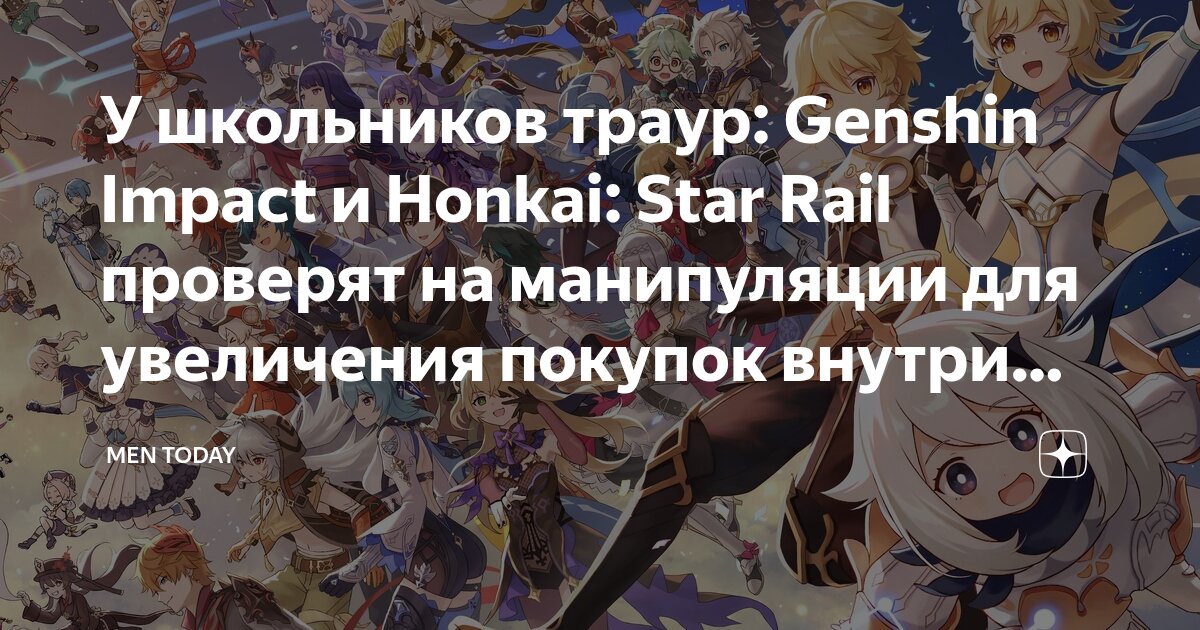In the ever-evolving landscape of digital entertainment, the mechanics used by game developers to engage players and, importantly, generate revenue, are under increasing scrutiny. Regulatory bodies globally are beginning to examine the fine line between compelling game design and potentially manipulative practices. The latest development in this trend comes from Russia, where the national consumer quality system organization, Roskachestvo, has announced a significant investigation targeting several popular video games.
Focus on Leading Gacha Titles
Roskachestvo has specifically named internationally acclaimed titles such as Genshin Impact and Honkai: Star Rail as subjects of their probe. Both games, developed by HoYoverse, are known for their widespread popularity and their reliance on `gacha` mechanics – a system where players spend real money or in-game currency for randomized rewards, often characters or items. The stated purpose of this regulatory examination is to uncover if these games employ hidden, undisclosed methods designed to manipulate players into spending more money and retaining their engagement for longer periods than they might otherwise intend.
Defining “Hidden Manipulations”
The investigation centers on identifying “hidden manipulations” – techniques that aren`t transparently communicated to players but are engineered to influence their behavior and spending habits. Roskachestvo claims to have developed a specialized methodology capable of detecting up to 16 distinct types of such potentially manipulative mechanics. While the full list of 16 was not disclosed, key examples provided echo common concerns within the gaming community and among regulators worldwide.
Prominently mentioned are mechanics associated with the purchase of loot boxes or similar randomized reward systems. These systems have faced criticism for their resemblance to gambling, particularly when the odds are not clearly stated or the rewards have significant real-world value or impact on gameplay progression. Another cited manipulation is the use of time-limited events or offers specifically crafted to induce a “fear of missing out” (FOMO). By creating a sense of urgency or scarcity, these events can pressure players into immediate engagement or spending to avoid losing a perceived valuable opportunity.
The Process and Timeline
Roskachestvo has indicated that the testing phase for this investigation is scheduled to commence in August. The organization anticipates that the initial findings and results from this batch of tested games will be available for review as early as September. The scope of this initial phase involves examining “up to ten games,” with a clear statement that the list of titles under review will be continuously expanded. This suggests that the inquiry into gaming monetization practices by the Russian watchdog may extend beyond the initial high-profile targets.
This move by Roskachestvo highlights the growing global attention on the ethical implications of game design and monetization strategies. As games become increasingly sophisticated and integrated into players` lives, the methods used to encourage spending and retention are likely to face continued scrutiny from consumer protection agencies and regulatory bodies seeking transparency and fairness. The results of this particular investigation will be keenly watched by both players and the gaming industry alike.

